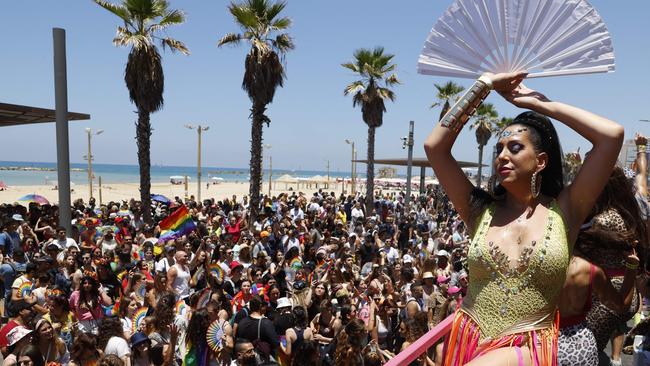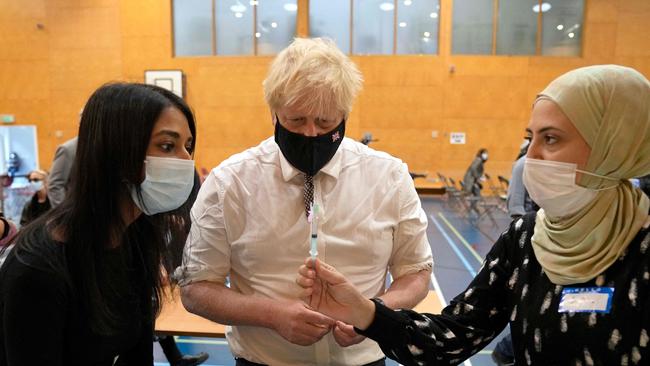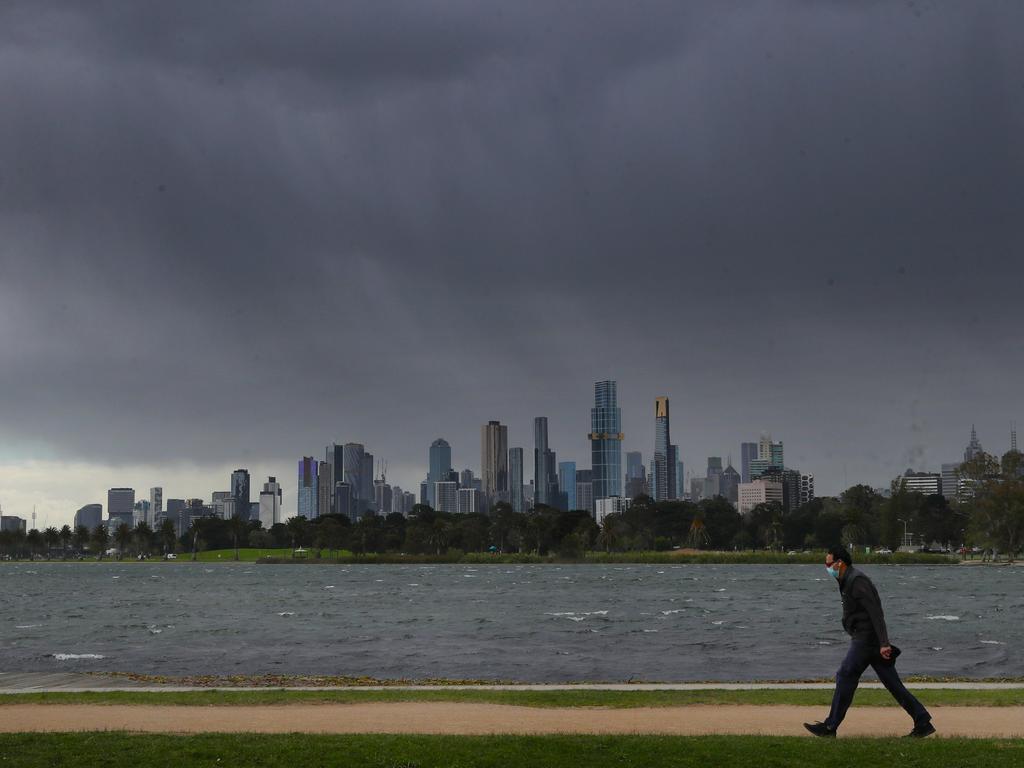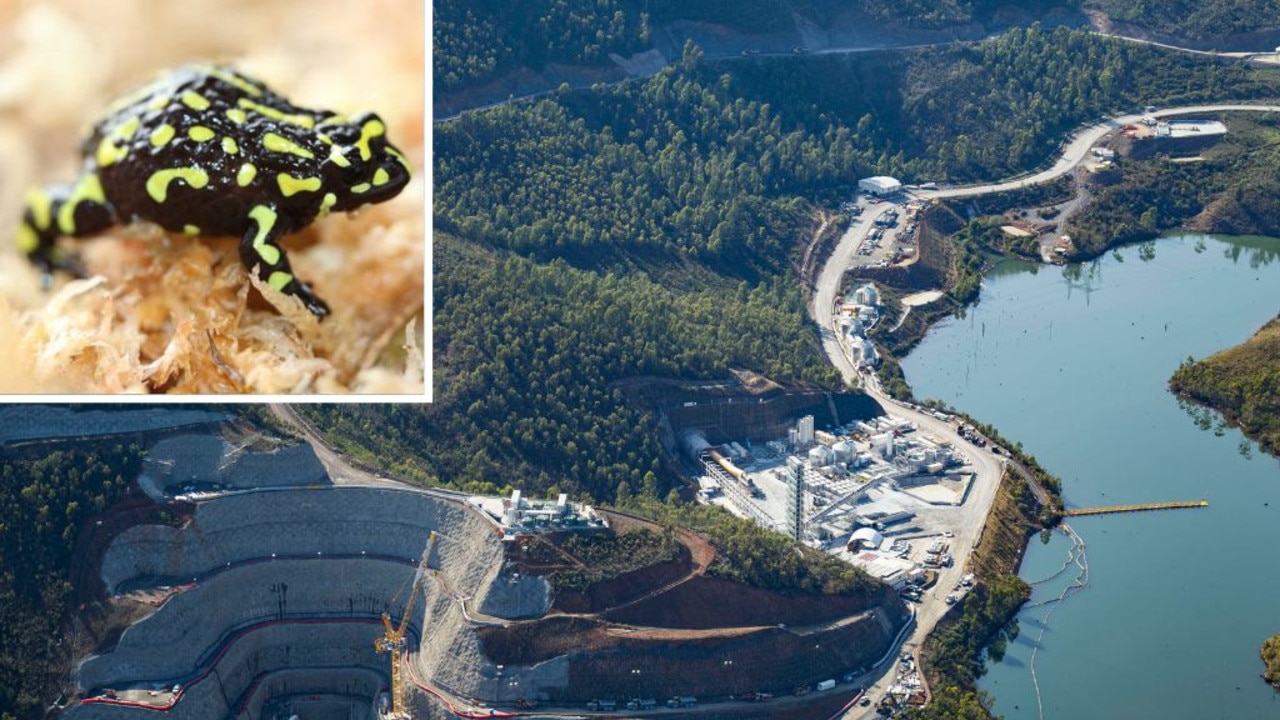How big an immunity boost will you get from a third dose of Covid-19 vaccine?
If you were vaccinated over six months ago, are you at a higher risk of severe illness if you catch Covid-19? Scientists have found the answer.
Doctors and pharmacists are being inundated with people anxious to get a third shot as the Therapeutic Goods Administration approves boosters and studies indicate immunity wanes in the months after initial inoculation.
So how significant is the immunity boost that you get from a third dose of vaccine, and if you were vaccinated more than six months ago, are you at any higher risk of suffering severe disease if you catch Covid-19?
Several peer-reviewed studies have noted diminished levels of antibodies some months after initial vaccination. A British public health study conducted by the University of Oxford found the efficacy of the Pfizer vaccine begins to drop from about a month after the second dose, falling from more than 90 per cent protection against infection from the Delta variant to less than 75 per cent after 90 days.
An Israeli study published in the New England Journal of Medicine found that the rate of confirmed infection in a group of participants who were not given a booster shot was 11.3 times higher than among those given a booster. Rates of severe illness were 19.5 times higher in those who had not been boosted.
The first randomised control study on the real-world protection offered by a booster, results of which were released by Pfizer last week, showed a third dose of its vaccine restored efficacy some months after vaccination to 95.6 per cent against the virus, including the Delta variant. Numerous studies have shown antibody levels after a third dose of vaccine are supercharged to a level that is equal to or exceeds the levels generated after two doses.
Cases and rates of hospitalisation have fallen dramatically in Israel since their booster program was implemented.
That is not to say that if you have had your two doses of vaccines more than six months ago, you do not still have a high level of protection against severe disease. TGA head Professor John Skerrit this morning referred to around a dozen studies that showed protection from severe disease holds up very well over time.
However, while protection from severe disease remains high after two doses, it also seems likely from the studies that both protection from symptomatic infection and severe disease can be supercharged by a third dose of vaccine.

“The science is still unfolding about how important it is it that people get a booster,” says professor of immunology at the Doherty Institute Dale Godfrey. “How much a booster is needed to protect against severe disease over the months that follow the second vaccine shot is being intensely investigated in several countries around the world.”
“Most studies agree that the two-dose regimen of the vaccine is very very effective, providing a high level of protection against severe disease and death over time. And so people shouldn’t be getting anxious and worrying they are back to where they were before they were immunised. That’s unlikely to be the case.”
Head of the infection epidemiology and policy analytics group at the Kirby Institute Deborah Cromer says it’s clear that antibody levels do drop over time, but even a significantly diminished level of antibodies is enough to protect you from suffering serious disease.
“There are various estimates as to how fast immunity wanes,” Dr Cromer says. “Generally, immune levels may have waned to about half of what they were after some time between three and six months.

“When we talk about protection, there is protection against catching the disease, there’s protection against showing symptoms from the disease, there’s protection against needing to go to hospital for the disease, and there’s protection against dying from a disease. And the working hypothesis is that each of those needs a different level of antibodies. You need many more antibodies just to protect you from getting any sort of disease, less to protect you against symptoms, and then less to protect you against hospitalisation and death.
“If you start out with a very high level of antibodies in the beginning, they can drop quite significantly before you’d see any impact on your protection against severe disease.”
The Australian Technical Advisory Group on Vaccination will soon publish its advice about how Australia should proceed with a booster program. The TGA has approved shots six months after iniital vaccination. Booster shots in aged care will begin immediately, and boosters should be available to the general population six months after their first vaccination course from November 8.
The rolling out of a booster program generally will place Australia among one of the only countries in the world, together with Israel, that has so far implemented a whole-population booster program.
But some experts believe the emphasis should instead be on completing the primary vaccination program and increasing vaccination coverage in developing countries.
“I think for the general population, most of us have been vaccinated in the last few months and we would still have very strong immunity and good immunity against severe infection and hospitalisation and immunity against all infection,” says Jamie Triccas, professor of medical microbiology at the University of Sydney who has extensively researched vaccines. “So I think it’s a bit premature to be talking about boosters for the whole population now in Australia s a general principle. I think boosters should be very targeted.
“Personally I think we should be getting as many first doses into people as possible. And also globally, there’s many places around the world where people are crying out for vaccines.”







To join the conversation, please log in. Don't have an account? Register
Join the conversation, you are commenting as Logout